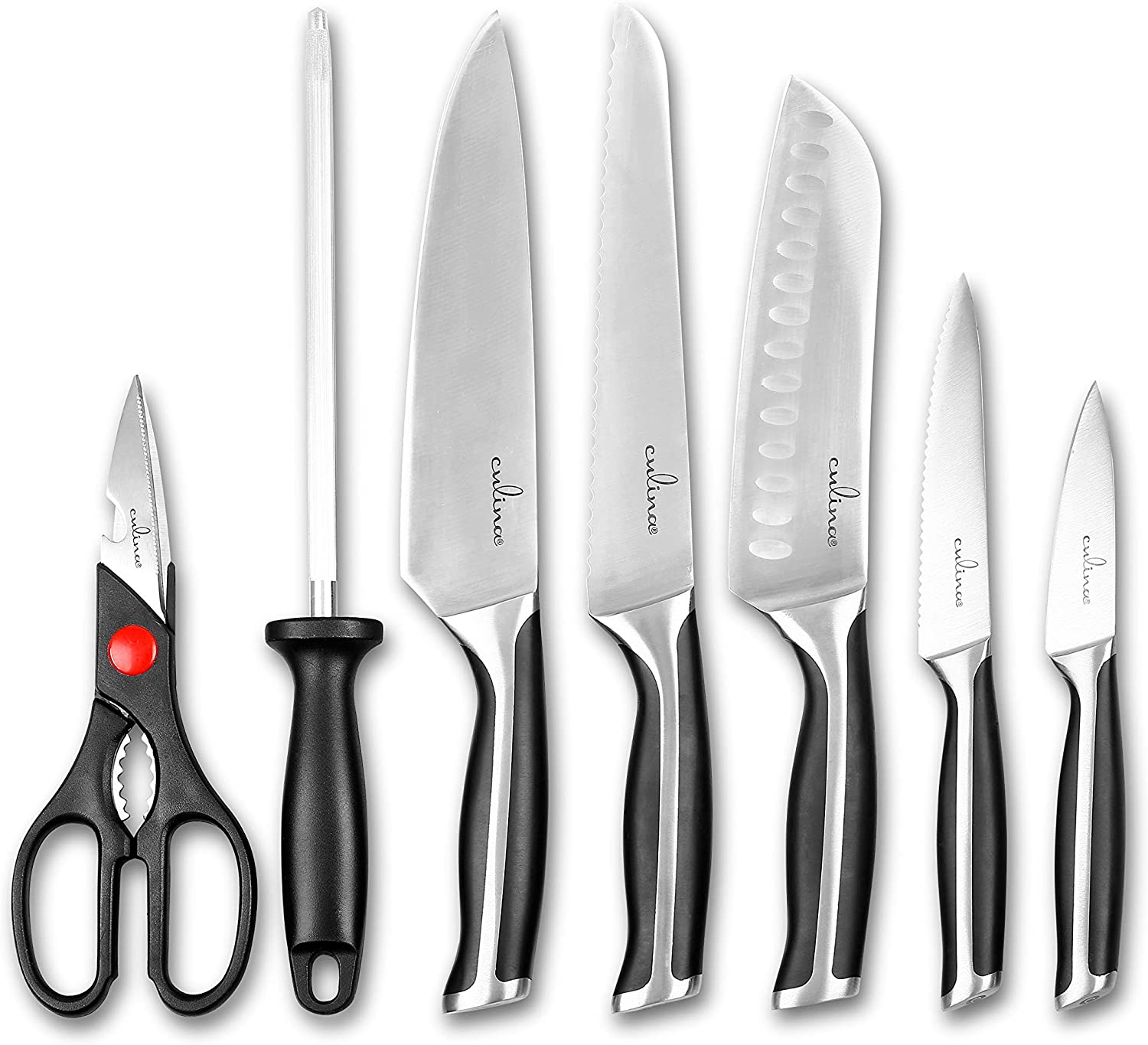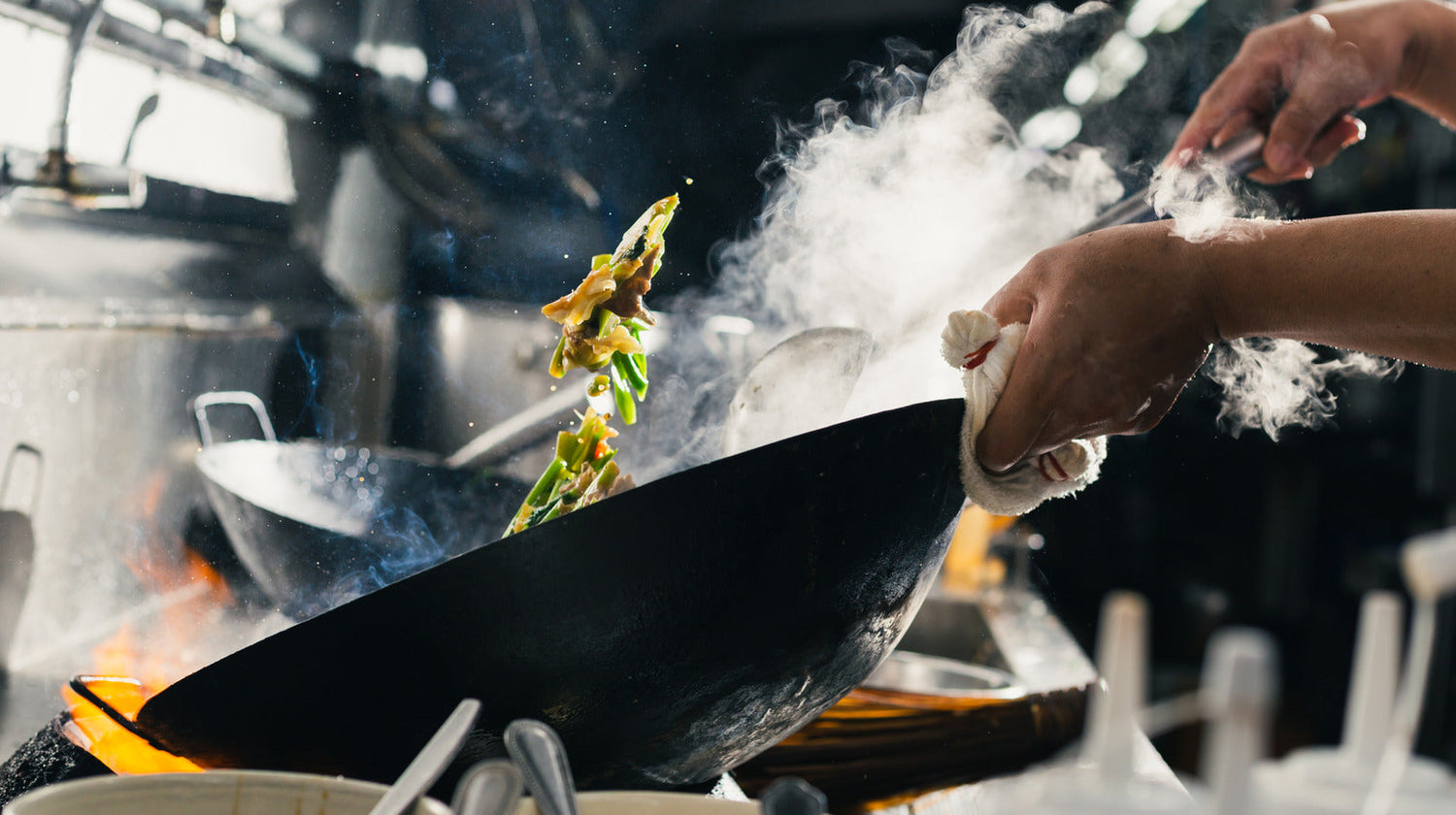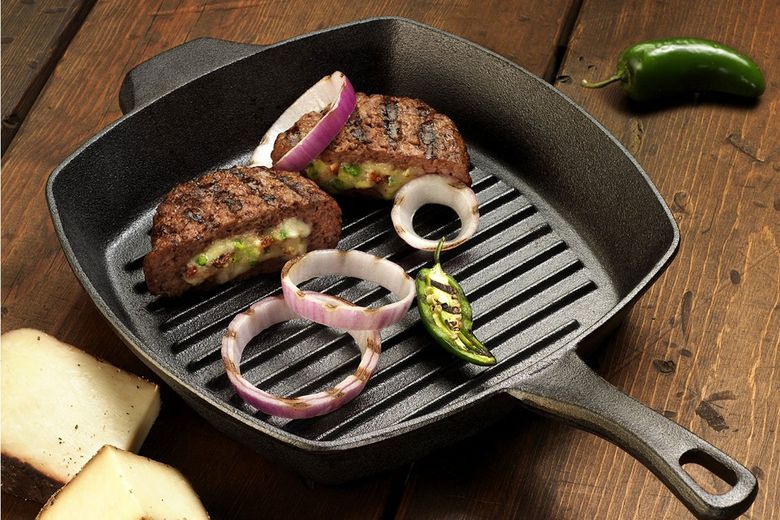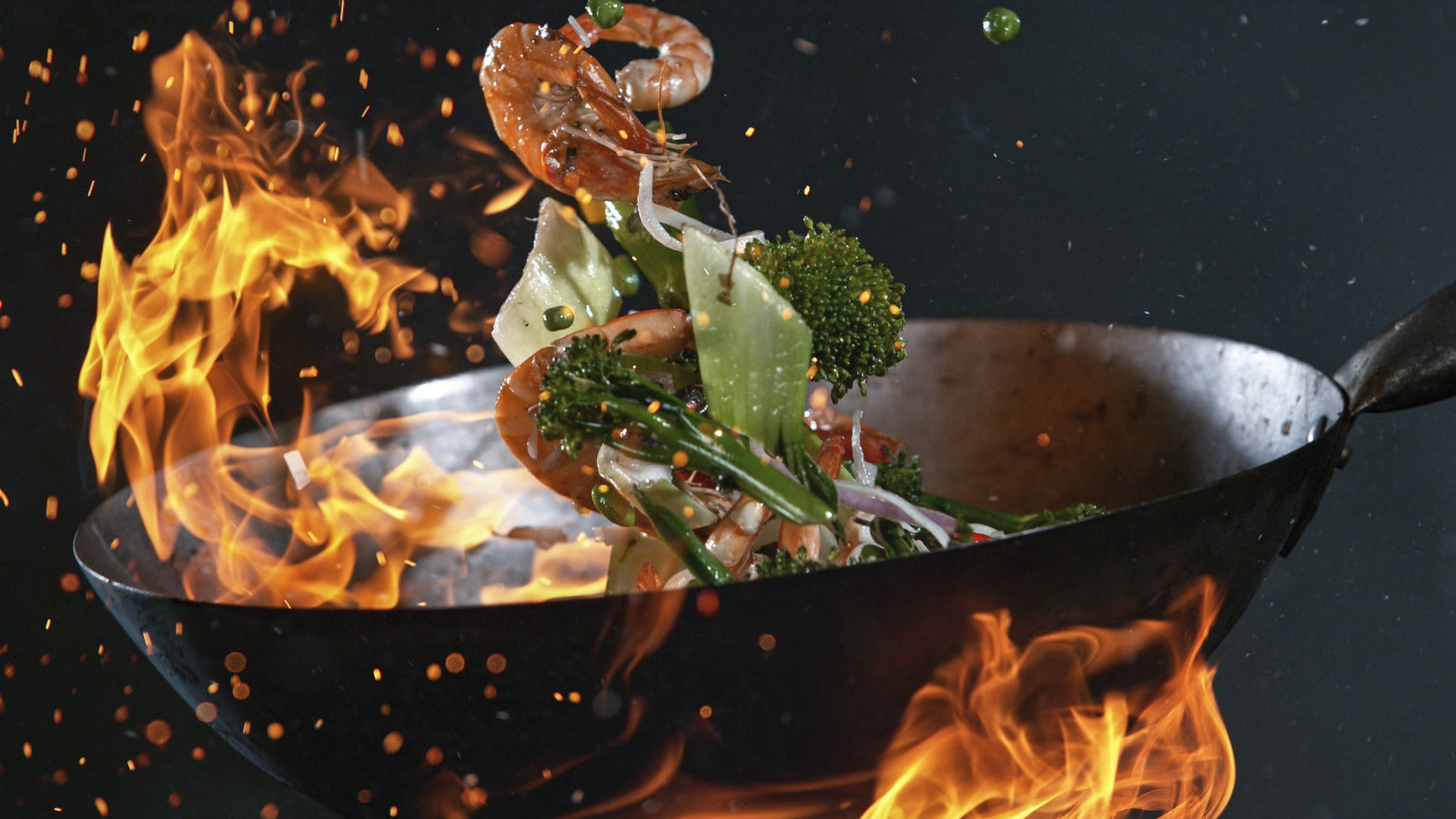If you're stepping into the realm of stir-frying, knowing how to prepare a wok for the first time is crucial. For kitchen professionals, this versatile cooking tool can elevate your culinary skills and influence the flavors of your dishes. A well-prepared wok is essential for achieving that authentic taste and texture that's characteristic of great Chinese cuisine.
A wok is not just a cooking vessel; its an experience that allows you to combine flavors and textures in a way that few other cookware can. This article will guide you through the necessary steps to prepare your wok, ensuring you're ready to dive into delicious stir-frying adventures.

Understanding the Types of Woks
Before we dive into the preparation process, it's important to understand the different types of woks available. Woks are generally made of three materials: carbon steel, cast iron, and non-stick.
- Carbon Steel Woks: These are the most popular among professional chefs. They heat up quickly and are responsive to temperature changes, making them perfect for high-heat cooking.
- Cast Iron Woks: Heavy and heat-retaining, they are excellent for slow cooking but can take longer to heat.
- Non-stick Woks: Great for beginners, non-stick woks require less oil, making them more convenient for everyday use.

Preparing Your Wok for Use
After selecting the right wok, its time to prepare it for your cooking adventures. Heres how to do it step by step:
Step 1: Washing the Wok
New woks often come with a protective coating to prevent rust during shipping. To remove it, wash the wok in hot, soapy water using a gentle scrub. Rinse it thoroughly to ensure no soap residue remains. This step is crucial for minimizing any unwanted tastes.
Step 2: Drying the Wok
After washing, dry the wok completely using a clean kitchen towel or by placing it on low heat for a few minutes. Never leave the wok wet, as this can lead to rust formation.
Step 3: Seasoning the Wok
To ensure a non-stick surface and enhance the woks natural properties, seasoning is essential. Heres how you can do it:
- Apply a thin layer of high-smoke point oil (like vegetable or peanut oil) to the interior of the wok.
- Place the wok over medium-high heat until the oil starts to smoke.
- After a few minutes, turn off the heat and let it cool. Wipe out any excess oil.
Seasoning should be repeated a few times over the first few uses to build up a effective non-stick layer.
:max_bytes(150000):strip_icc()/WokSills101-StirFrying-VickyWasik5-78df0312935c423ab768a6acdfc47bc4.jpg)
The Importance of Wok Oil
Using oil in your wok not only helps in cooking but also in maintaining the seasoning. In professional kitchens, a variety of oils can be used depending on the dish. Remember, always use oils with a high smoke point for stir-frying to achieve the best results.
Recommended Oils
- Peanut Oil: Excellent for high-heat cooking and imparts a nice flavor.
- Canola Oil: A neutral flavor that works well with various dishes.
- Grapeseed Oil: Another great option with a high smoke point.

Wok Maintenance Tips
To keep your wok functional and well-seasoned, some maintenance tips can help:
- Always wash your wok using hot water and a soft sponge without soap.
- Apply a thin layer of oil after washing to prevent rust.
- If the surface becomes damaged, you may need to re-season the wok.
Common Mistakes When Preparing a Wok
Even experienced chefs might make mistakes when handling a wok. Lets explore some common pitfalls:
- Using Excessive Soap: Soap can strip the wok of its seasoning; only use it if absolutely necessary.
- Neglecting to Dry: Leaving the wok wet can lead to rust.
- Not Preheating: Always preheat your wok before adding oil and ingredients to ensure proper cooking.
Conclusion
Learning how to prepare a wok for the first time takes time and care. Following the steps outlined in this guide will help you create a properly seasoned wok ready for any stir-fry challenge you face in the kitchen. Remember, practice makes perfect, and soon you'll be stir-frying with ease and flair.
For a more in-depth understanding of woks and their versatility, check out this detailed guide on woks.
As an Amazon Associate, I earn from qualifying purchases.
FAQs
1. How often should I season my wok?
You should season your wok whenever you notice food starting to stick or if the surface looks dull.
2. Can I use metal utensils in my wok?
Yes, but be cautious if your wok is non-stick; avoid using sharp utensils that may scratch the surface.
3. How do I know when my wok is hot enough?
You can test by sprinkling a few drops of water into the wok. If they evaporate immediately, the wok is ready for cooking.






Leave a comment
This site is protected by hCaptcha and the hCaptcha Privacy Policy and Terms of Service apply.